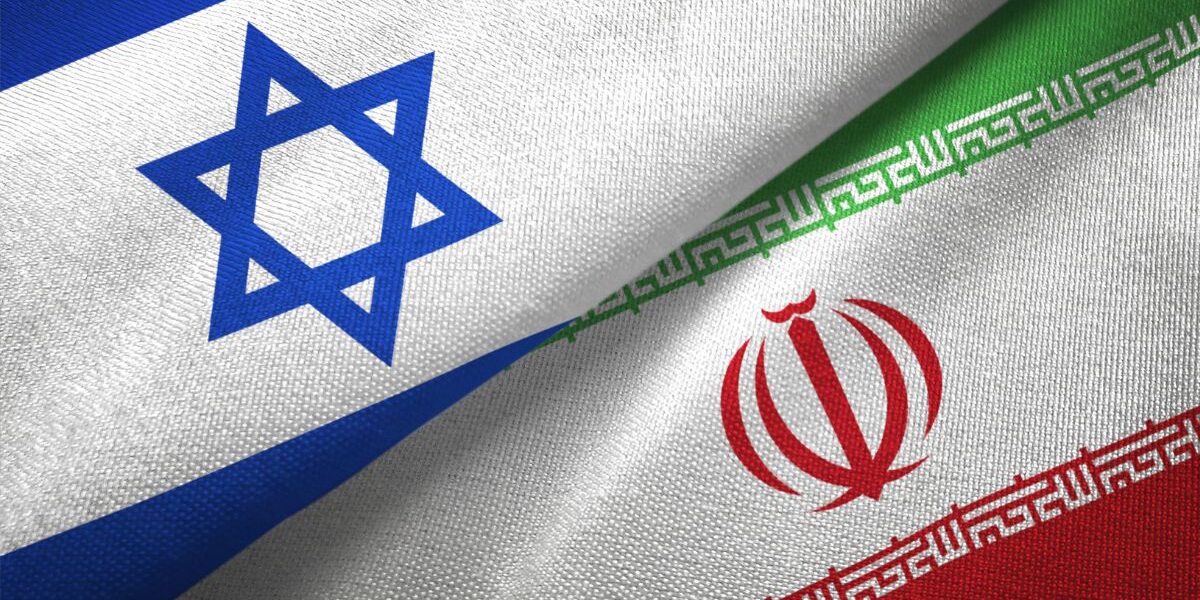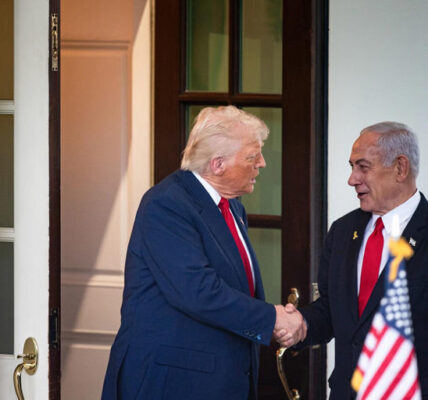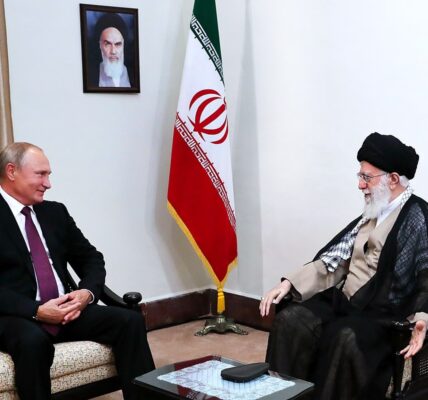Israel has vowed to respond against Iran’s overnight drone attack leading to fears that the crisis could escalate into a regional war.
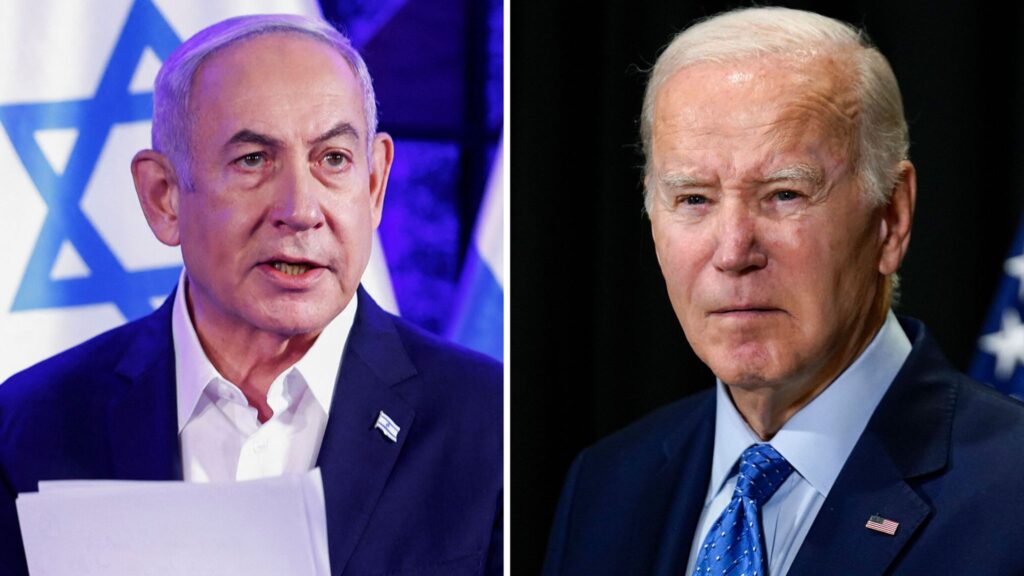
Israel has vowed to respond against Iran after an unprecedented drone and missile attack launched against the country last night.
About 300 explosive drones and cruise missiles were fired in the first direct attack from Iran on its arch-enemy, which also involved its proxy groups in Lebanon and Yemen.
The Israeli military said the overnight attack had been “foiled”, and that 99 per cent of the missiles had been intercepted by its air defences with the help of the US navy and Britain’s Royal Air Force. Jordan also came to the aid of Israel along with France.
Although most of the drones and missiles were shot down, a seven-year-old girl was injured by shrapnel and the Nevatim military base in southern Israel was damaged by a missile that did get through.
In the hours after the attack, Iranians celebrated in Tehran’s Palestine Square and military commanders announced that Operation Honest Promise was a complete success but the reality, according to the Israeli Defence Forces and the United States was that 99 percent of the drones and weapons were shot down, some even before they entered Israeli air space.
American warships shot down some of the weapons outside Israeli territory, but President Biden has already told Israeli Prime Minister Binyamin Netanyahu, that America would not participate in any offensive operation against Iran.
The strike came after Tehran blamed Israel for an airstrike on its consulate in Syria on April 1, which killed seven Iranian Revolutionary Guards Corps officers, including a top commander.
The highly anticipated attack allowed the IDF to prepare its air defences and warn Israeli citizens to seek shelter.
Many Israelis spent the night in shelters, listening to the sound of sirens and distant explosions as the Iron Dome missile defence system operated.
Israel denounced a “major escalation” and has informed both the US and regimes in the Middle East that it will have to respond.
Ebrahim Raisi, the Iranian president, warned Israel against retaliatory attacks with threats of further action leading to fears that the crisis could escalate into a regional war,
“If the Zionist regime (Israel) or its supporters demonstrate reckless behaviour, they will receive a decisive and much stronger response,” Mr Raisi said in a statement. Iran has since said it is not planning any further attacks.
World leaders have condemned the attack, with regional powers Saudi Arabia and Egypt calling for restraint.
British prime Minister Rishi Sunak called the attacks“reckless” and risked “destabilising” the Middle East.
In a statement released on Saturday night, Mr Sunak said: “I condemn in the strongest terms the Iranian regime’s reckless attack against Israel.
“These strikes risk inflaming tensions and destabilising the region. Iran has once again demonstrated that it is intent on sowing chaos in its own backyard.
“The UK will continue to stand up for Israel’s security and that of all our regional partners, including Jordan and Iraq.
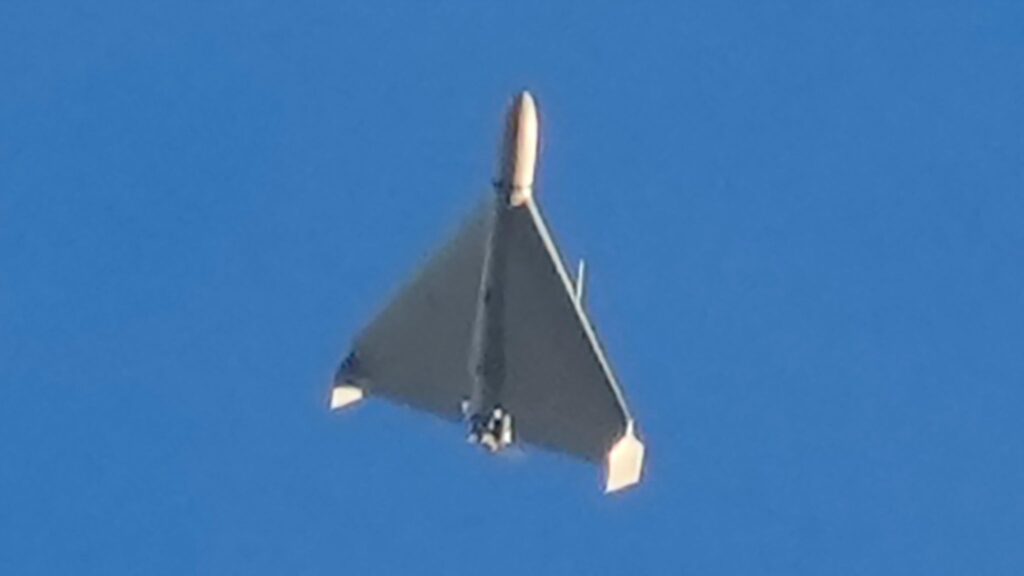
“Alongside our allies, we are urgently working to stabilise the situation and prevent further escalation. No one wants to see more bloodshed.”
António Guterres, secretary-general of the United Nations, warned that Iran’s attack on Israel could destabilise the Middle East and lead to “military confrontations on multiple fronts”.
“I am deeply alarmed about the very real danger of a devastating region-wide escalation,” he said.
“I urge all parties to exercise maximum restraint to avoid any action that could lead to major military confrontations on multiple fronts in the Middle East.”
Lloyd Austin, the US defence secretary, said the US intercepted dozens of missiles and drones fired at Israel by Iran and its proxies in Iraq, Syria and Yemen.
He said: “Our forces remain postured to protect US troops and partners in the region, provide further support for Israel’s defence, and enhance regional stability.
Austin added: “We condemn these reckless and unprecedented attacks by Iran and its proxies, and we call on Iran to immediately halt any further attacks, including from its proxy forces, and to de-escalate tensions.
“We do not seek conflict with Iran, but we will not hesitate to act to protect our forces and support the defence of Israel.”

